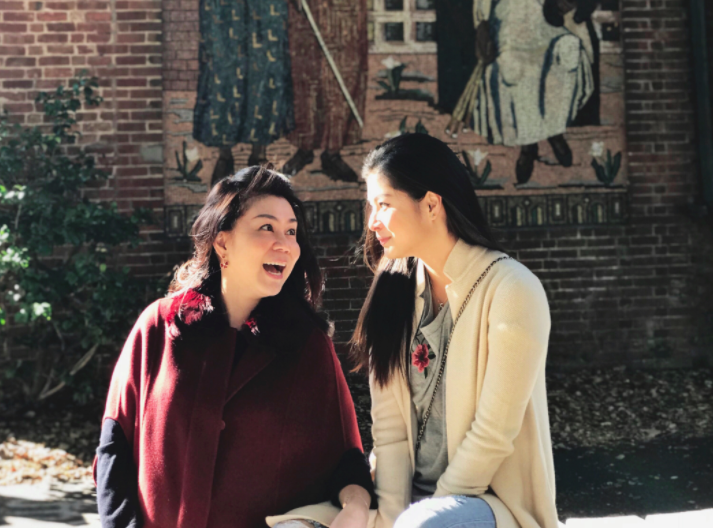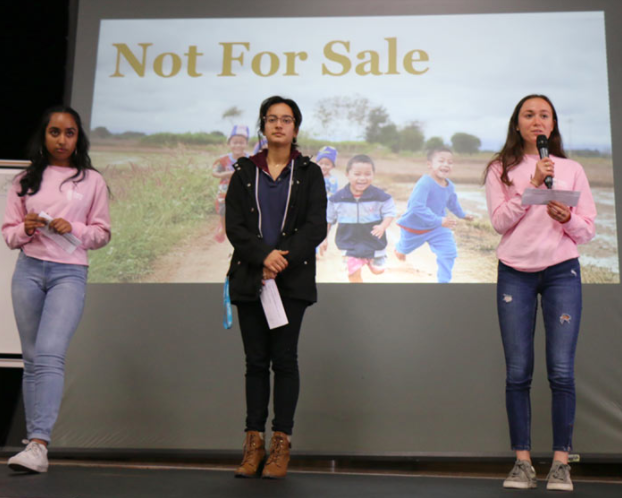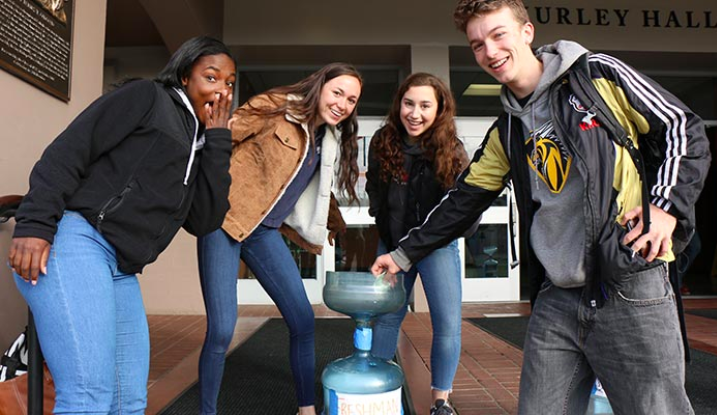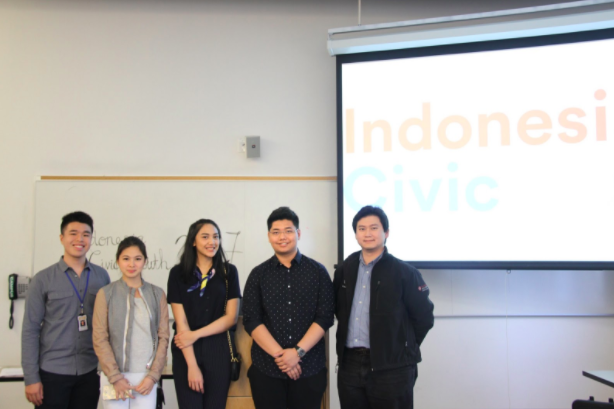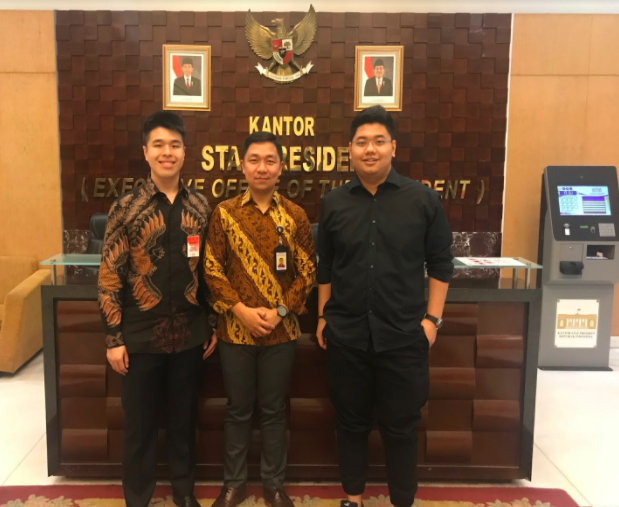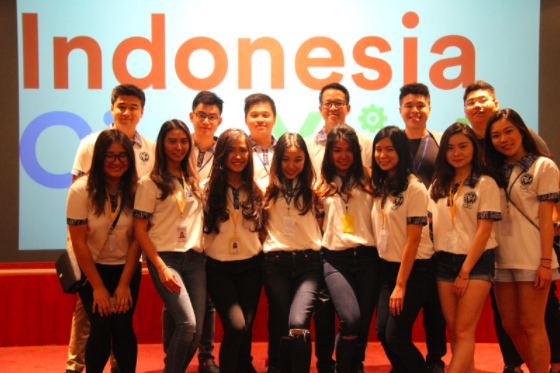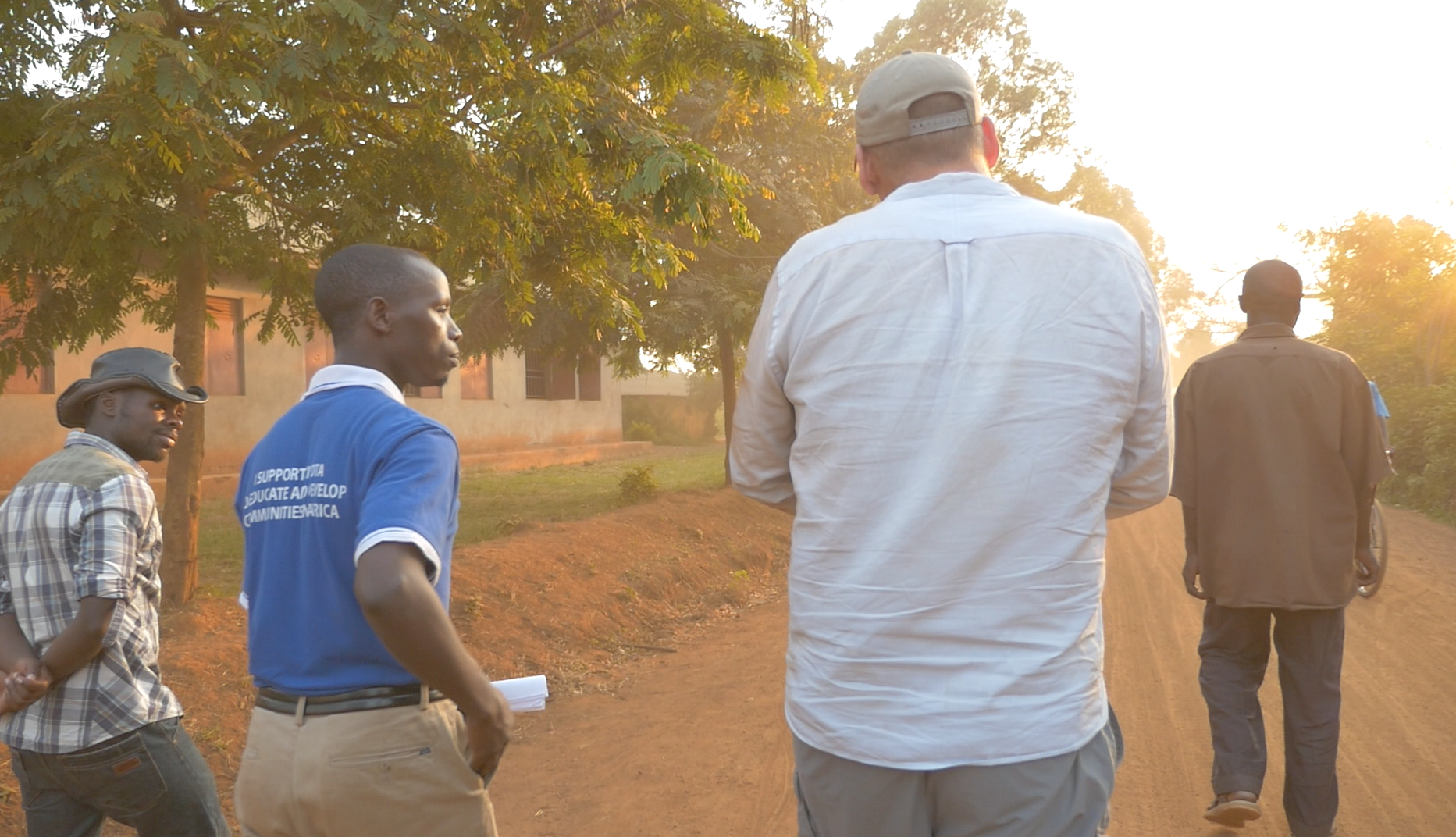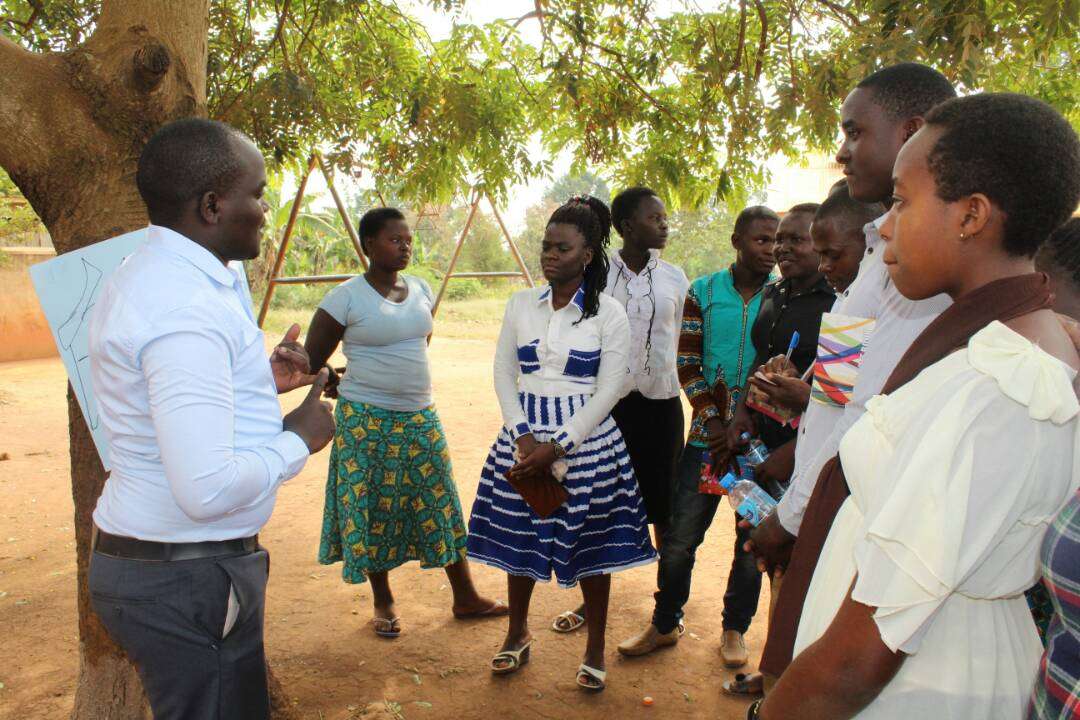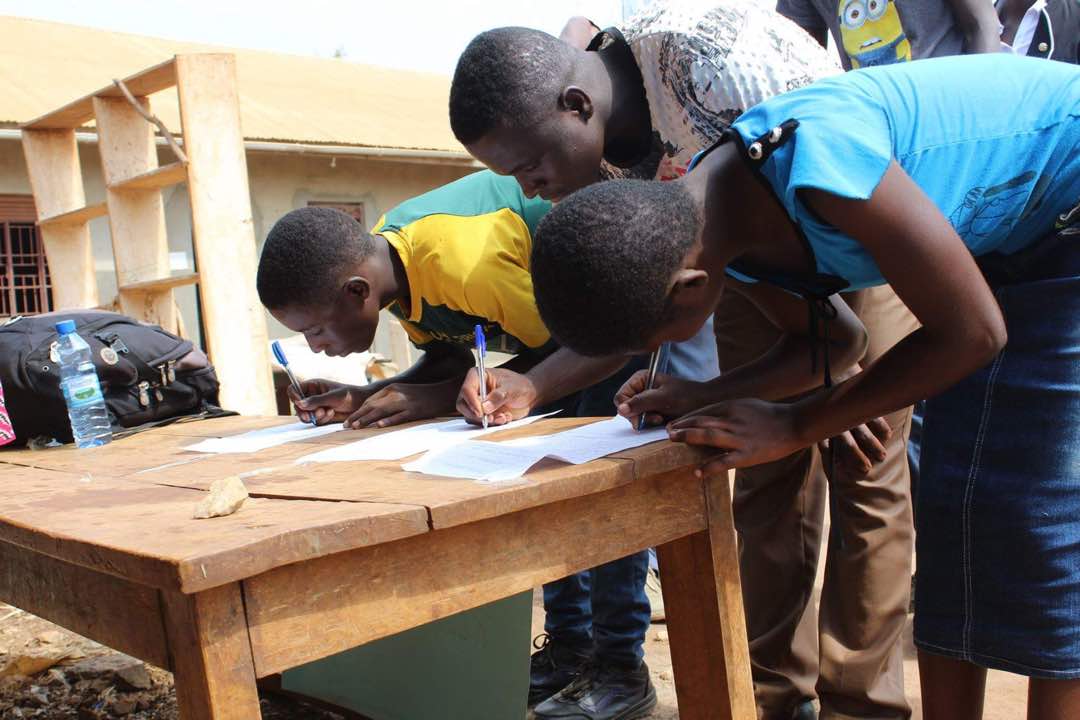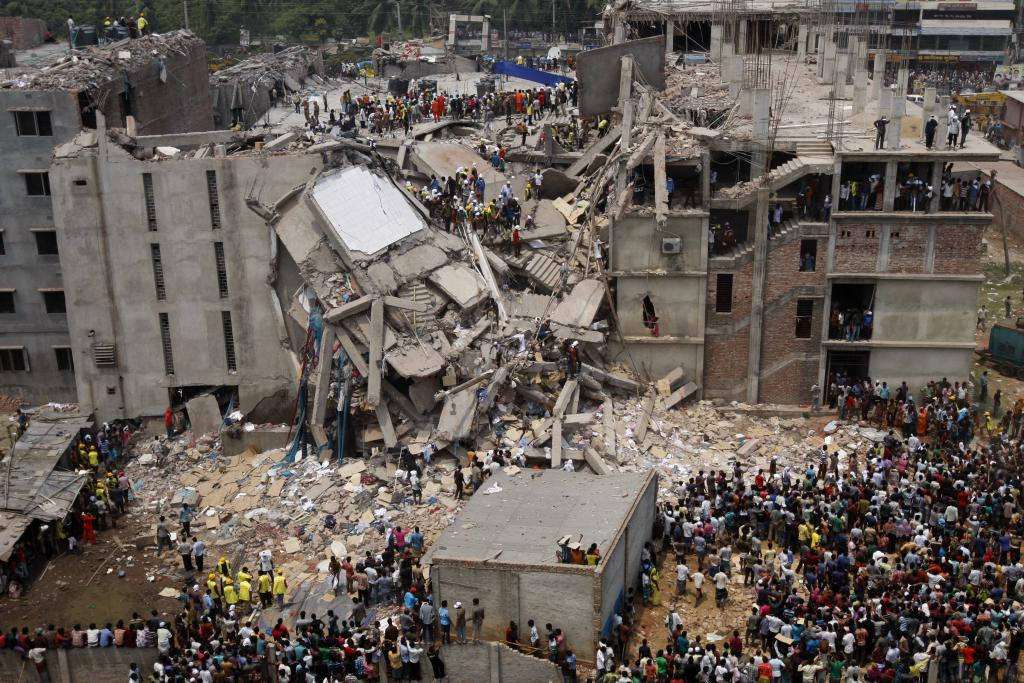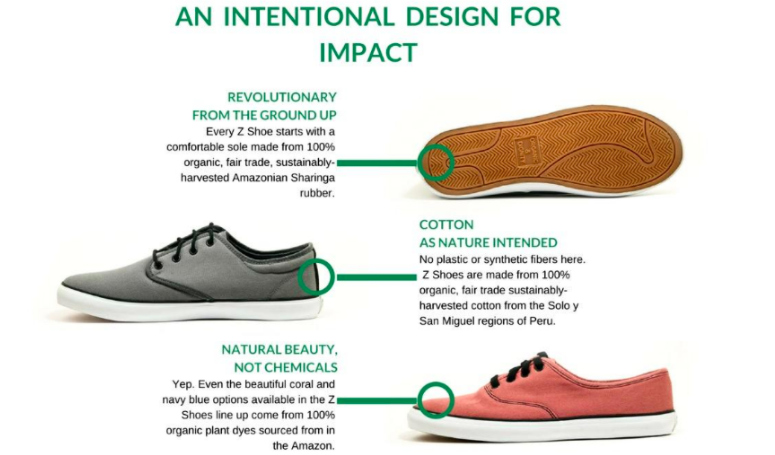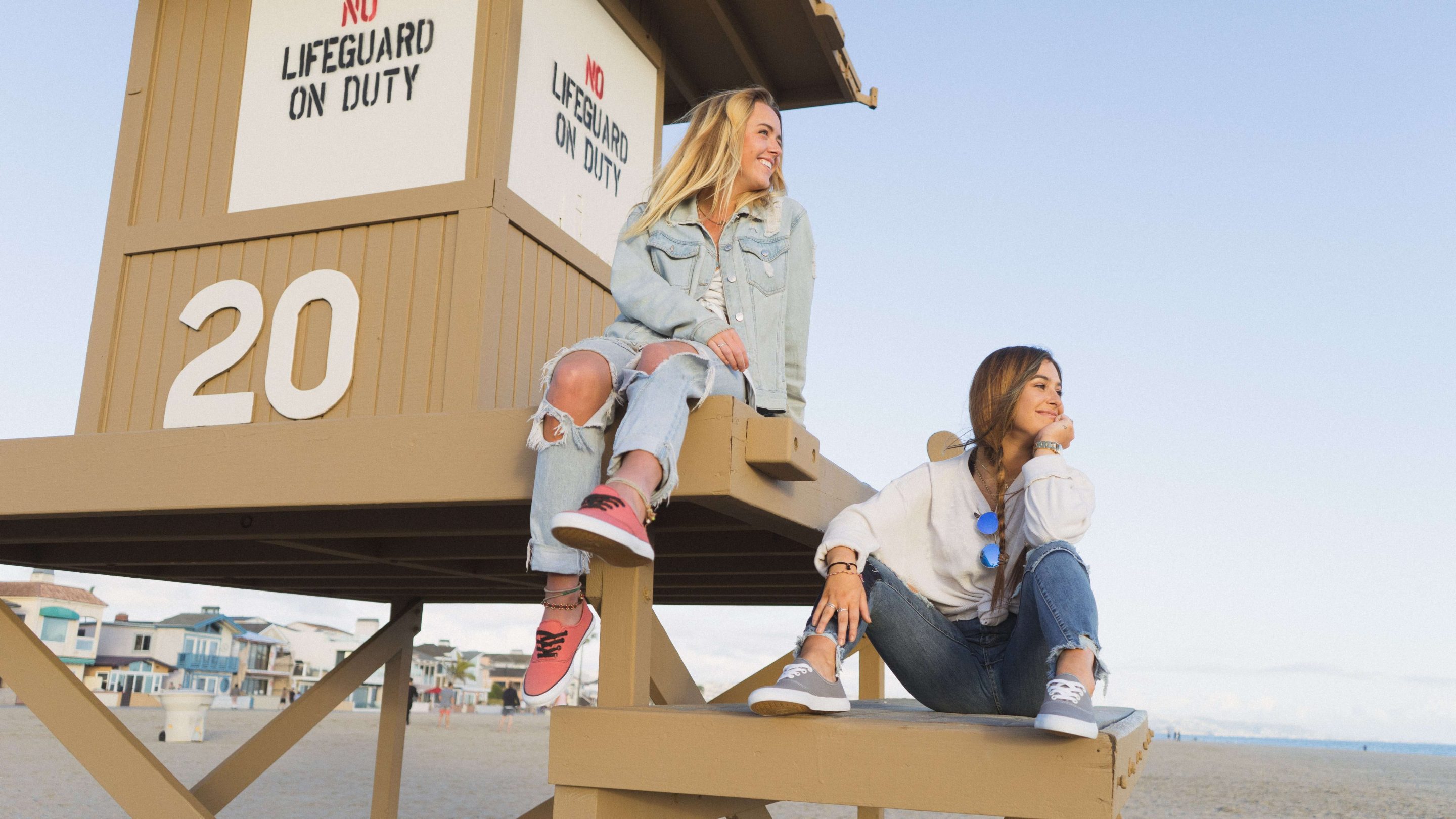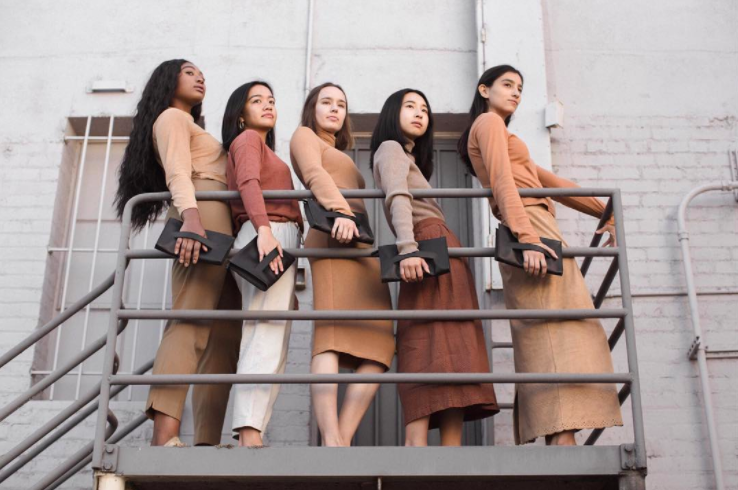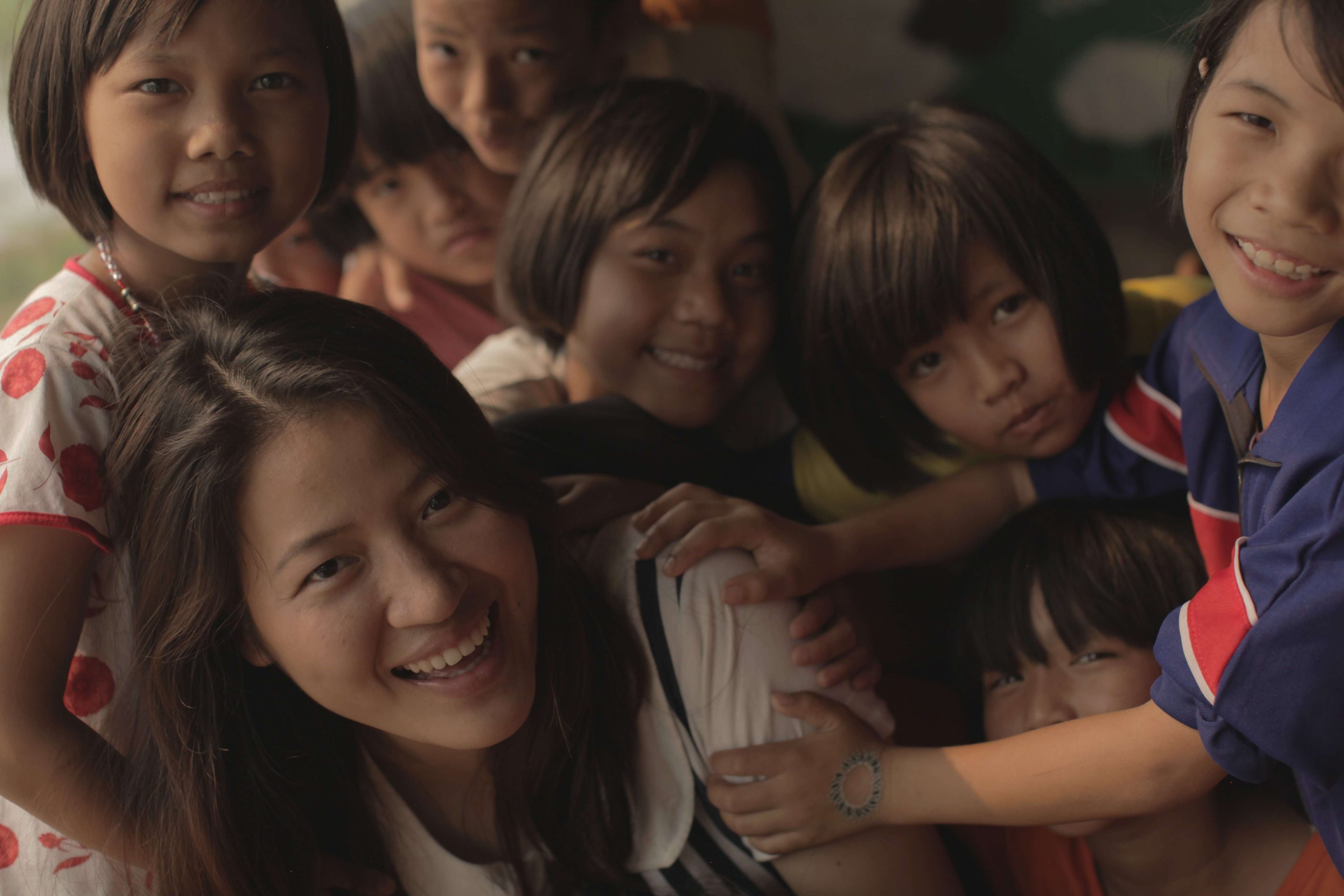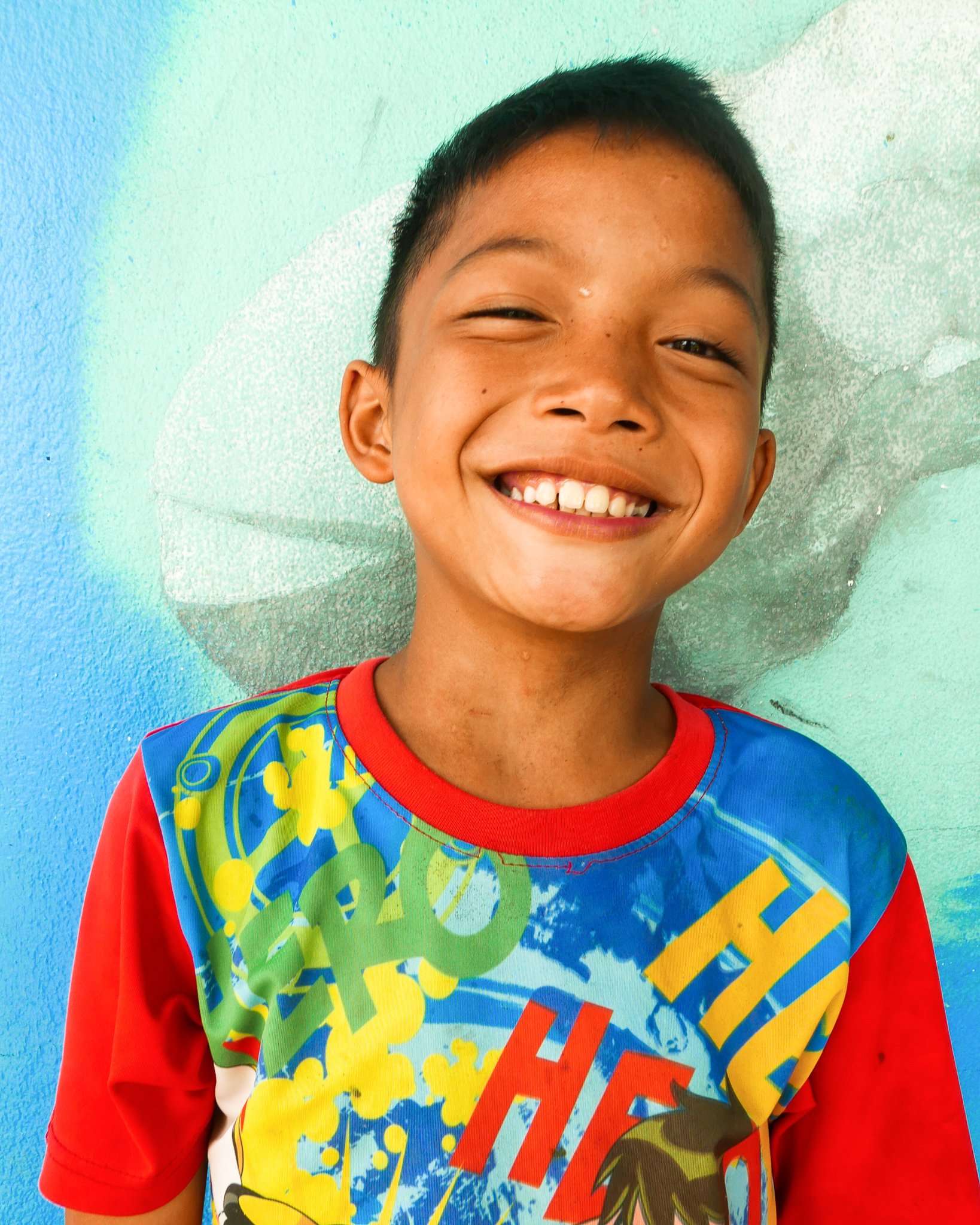Innovator aims for Microfinance For 5 Million Youth By 2020
Often the opportunity to #InnovateForGood stems from a small idea that grows to have a huge global impact. We love this story of how guest contributor Adellene Tanuri’s childhood school project has grown to impact thousands of lives through microfinance!
Inspiration is Everywhere, Just Listen.
II grew up in Jakarta, Indonesia – a beautiful yet deeply conflicted city where two seemingly incompatible worlds of wealth and poverty coexist. I would look out my car window and would see lavish skyscrapers standing in the midst of slums. You can try but can’t possibly turn a blind eye to the street children knocking on your car window begging for some change. Change. That’s all they ever seek for – to be given the opportunity to change their life circumstances, change the futures of their families, and ultimately achieving a change that would grant them freedom from impoverishment. It is with this constant confrontation with that brutal reality of my home city that my ambitions began. The seed of my desire for change was planted in my heart when I was only 12 years old.
It all started in my last year of primary school when my teacher, Ms. Johanna, instructed us to choose a social issue to focus on for a community and service project. Naively, I came back to her with one word: poverty. Ms. Johanna wisely advised me to dig deeper so that I could create a more tangible action plan that would enable me to make a difference. Little did I know, that one piece of constructive criticism would improve the lives of 344,016 Indonesians through my mother’s organization YCAB Foundation.
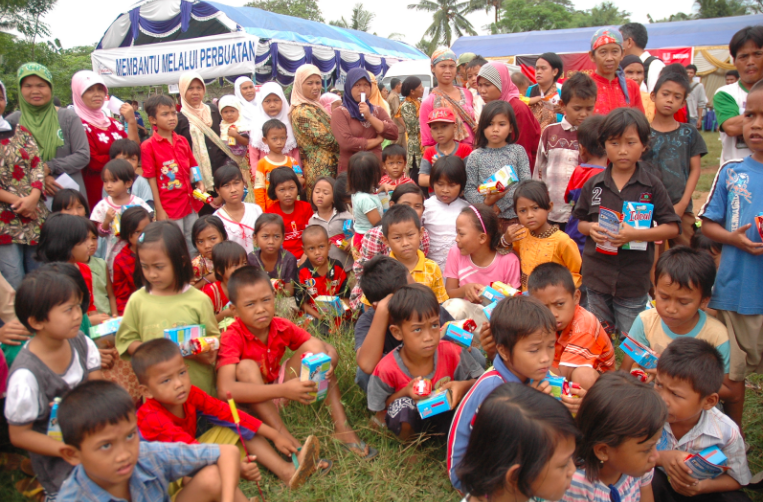
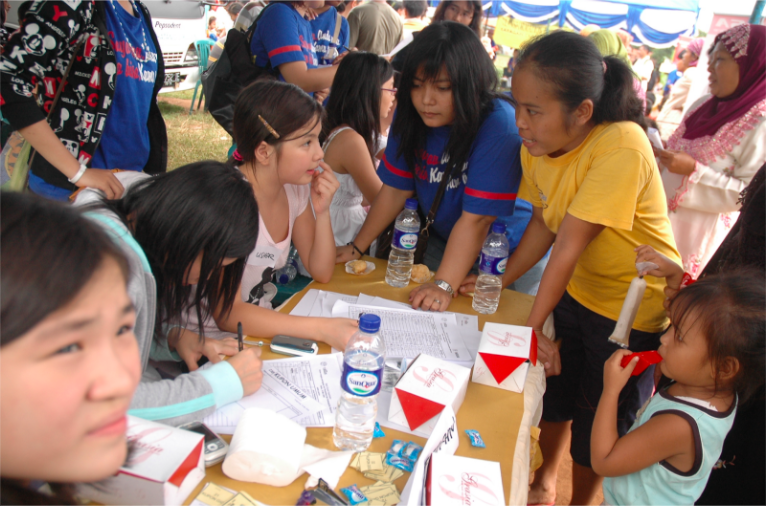
No one would have expected that a 6th grader’s community project would become the first step in the evolution of YCAB as a nonprofit to the social enterprise it is today. This year, YCAB’s premise of change was awarded by United Nations as one of nine innovative global solutions. YCAB’s approach is unique as it is a hybrid form of microfinance that ties access to loans with the condition of the attainment of education. In 2020, YCAB aims to touch the lives of five million youth in ten different countries.
This isn’t just a story about me nor is it about my mother’s commendable accomplishments. It is a testament to the great things that can happen when we approach social issues in a human and relational way – to always keep our hearts and minds open to learning from each other, even from those who are younger, vulnerable, and often marginalized. Eight years later, here I am, a third-year student in UC Berkeley, reminded once again by my 12-year-old self to be unafraid to take risks, show love and compassion, and to continue to be optimistic for the possibility of empowerment and change.
